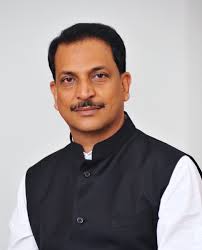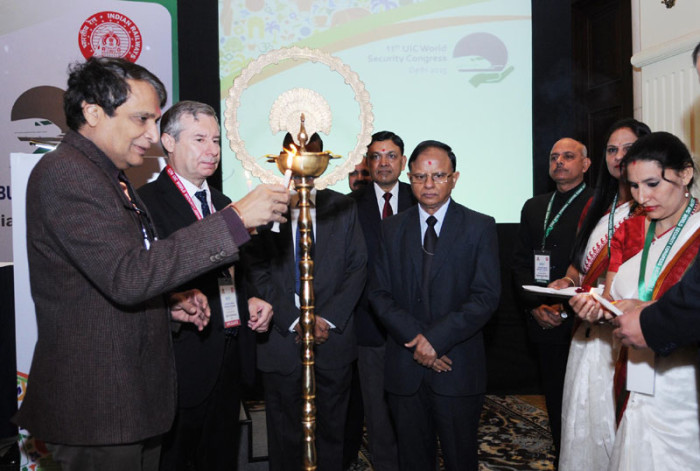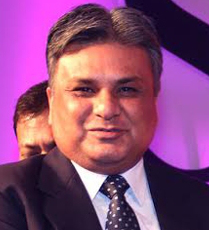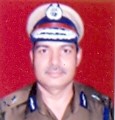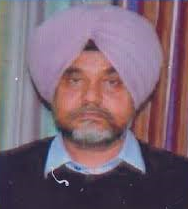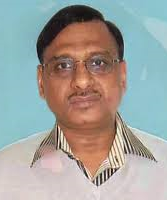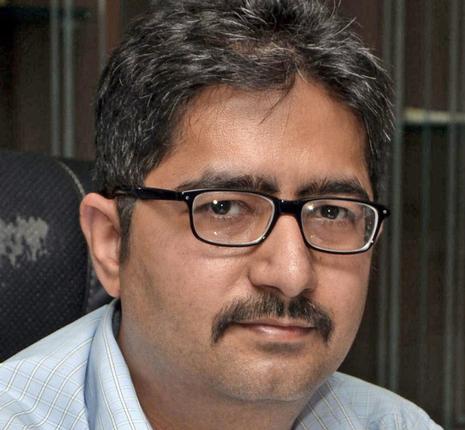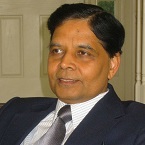The 11th UIC Global Security Congress being organized by the Security Directorate of Indian Railways in collaboration with International Union of Railways (UIC), (headquartered in Paris) began. The two-day conference is being attended by Security Chiefs of the Railway Systems of various countries apart from representatives of UIC, Indian Railways, police and security agencies of India. The Minister of Railways Sh. Suresh Prabhakar Prabhu was the Chief Guest at the inaugural session of the conference. Shri. A.K. Mital, Chairman of Indian Railways addressed the inaugural session and Dr. P.K.Mishra, Addl. Principal Secretary to Prime Minister of India delivered the key note address. Mr. Jean-Pierre Loubinoux, Director-General of the International Union of Railways (UIC) and delegates of member countries were among those who attended the conference. Dy. Chairman Mr. Jerzy Wisniewski, UIC, also expressed his views at the inaugural session. Members of the Board of Indian Railways were also present. Director General Railway Protection Force of Indian Railways who is the present chief of UIC Security Platform also spoke on the occasion.

Speaking on the occasion, Minister of Railways Shri Suresh Prabhu said that safety and security are important aspect for railway operations. He pointed out that while safety is in-built into the Railway system the security aspects are quite complex and depend on many external factors. Referring to the vulnerability of Railways, Shri Suresh Prabhu said that Railways is always a soft target by the anti-social elements. He said that the problem of terror attack is global. There are ideological and motivation issues associated with the problem. We need to take steps to address such problems and find global solutions through intelligence sharing and mutual collaborations. He said that training of personnel and sharing of best practices will be very effective in addressing this problem and this global collaborative effort will be very helpful in this. Shri Suresh Prabhu said that the Indian Railways is committed to provide security to its passengers in collaborations with the security set up with the State Governments. He also pointed out that the security apparatus suitable for Indian conditions should not only be effective but should also be inexpensive and he called upon experts to discuss this.
In his address, Chairman Railway Board Shri A. K. Mital said that as a response to the threat perception and risk assessments, Indian Railways has put in place an Integrated Security System (ISS) for security management at major identified stations. In addition, we have launched intensive public awareness campaigns to drive home the message of the threat from strange objects or strange behavior in railway premises. Regular coordination meetings are held between our security establishment with state police and central intelligence agencies. Indian Railways have developed a system of security escorting of trains by sharing the responsibility among RPF and state police. The themes for the UIC World Security Congress are designed to share ideas so that the delegates take away the learning and implement it in their systems.
In his key note address, Dr. P.K. Mishra, Addl. Principal Secretary to Prime Minister of India focussed on Crisis Management and Mitigation of Disasters Involving Railways. He talked about four important international programme on the subject namely (i) Yokohama 1994- Plan of Action for a Safer World (ii) Hyogo Framework for Action 2005-Buildng Resilience of Nations and Communities (iii) Sendai Framework of Action 2015- Active Disaster Risk Reduction. Mr. Mishra emphasised on four priority areas namely Understanding disaster risk, strengthening disaster risk governance to manage disaster risk, Investing in risk reduction for resilience, Enhancing disaster preparedness for effective response and to Build Back Better. In the context of Indian Railways Shri Mishra pointed out need to focus on pre-disaster prevention and mitigation rather than on Post-disaster relief and Multi-stakeholder approach.
In his welcome speech, Director General Railway Protection Force Shri Rajiva Ranjan Verma said that UIC security platform seeks best practices & developing suitable modules & infrastructure, security & technical innovations. He said that this particular UIC Congress is focusing on security of rail systems, operations, etc. He assured that we must work for ‘Smart cities, smart Railway system’ – user-friendly and multi-dimensional railway system.
This year, the conference with the title agenda, “Security of Rail Systems, Operations and Business Activities”, is focusing on:-
• Asia-pacific regional security issues and consequent challenges to railway systems.
• Growing complexity of railway system and the importance of the security in achieving short, medium and long term goals.
• Resource constraints and burden of expectations on security agencies, especially in the context of South Asia.
• Preparing for crisis management and mitigation of consequences of incidents in railways.
• Passenger security issues: Problems and Solutions.
• Freight Security issues: Problems and Solutions.
Presentations on topics/ factors affecting rail security in India, such as, ‘fidayeen’ attack, crime trends on Indian Railways, security of women passengers, child trafficking, complexities of rail security management, crisis management, crowd management, VIP security, cyber terrorism against railways, security of freight, etc, are to be presented during the Conference by foreign and domestic domain experts. A panel discussion on ‘International Cooperation in developing best practices, implementation of modern technology and training of personnel’ is also on the agenda.
BACKGROUNDER : –
International Union of Railways (UIC) is the professional association in existence from 1922, representing the railway sector and promoting rail transport worldwide. There are 06 UIC regional assemblies for Africa, Asia, North America, South America, Europe and Middle-East. UIC is on a mission to promote interoperability and standardization of rail transport, increase cooperation and sharing of best practices, support members in new business and new areas of activities, and to propose improved technical and environmental performance of rail transport, improve competitiveness and reduce costs.
On 8 December 2009, the UIC Executive Board and General Assembly decided to additionally focus on 5 key areas to be developed in the interest of the worldwide railway community namely Environment, Safety and Security, Signalling, Freight / Freight Corridors and Standardization.
The security platform was created by the Executive Board of UIC in June-2006 and was restructured in 2008 at Global Level. This security platform is responsible for organizing such international events from time to time on the issues defending common interest of UIC members in the security field, promoting the exchange of information and experiences among the Security Directors of UIC members, proposed common interest, index projects at Global and regional level as dictated by members’ requirements or external event.
The chair of security platform is held by security chiefs of railways of member countries by rotation. Shri Rajiva Ranjan Verma, Director General/Railway Protection Force (RPF) is the present Chief of UIC security platform. The last edition of the UIC Global Security Congress was organized in Lisbon, Portugal in the year 2014. It focused on the concept of “comprehensive rail system protection”. In India, two earlier security events were organized by Indian Railways (RPF) in collaboration with UIC in Delhi & Mumbai in the year 2006 & 2010. In Delhi, the focus was on growing challenges of Terrorism in global railways, while in Mumbai it focused on security challenges and high speed developments.
Threat perceptions in Railway systems are dependent on the dynamics of the social systems in which they are embedded. Consequently, strategies to deal with security threats are also required to be in tune with such dynamics to protect the Railway systems. Traditional methods and practices and conventional infrastructure are required to be modified according to modern developments brought about by technological advancement and the evolving social order. Growing complexities demand a suitable security model to enable the Railway systems to pursue their short, medium and long term growth initiatives. Mere intent is not enough and viable solutions are necessary to meet this requirement.
In a global scenario where criminal elements exploit the advantages of networking to devise newer ways and means of attack, it is highly imperative that positive forces also come together to face such challengers. International Union of Railways (UIC) headquartered at Paris, being an international body is well suited to facilitate its members by providing a platform to share ideas and best practices.



